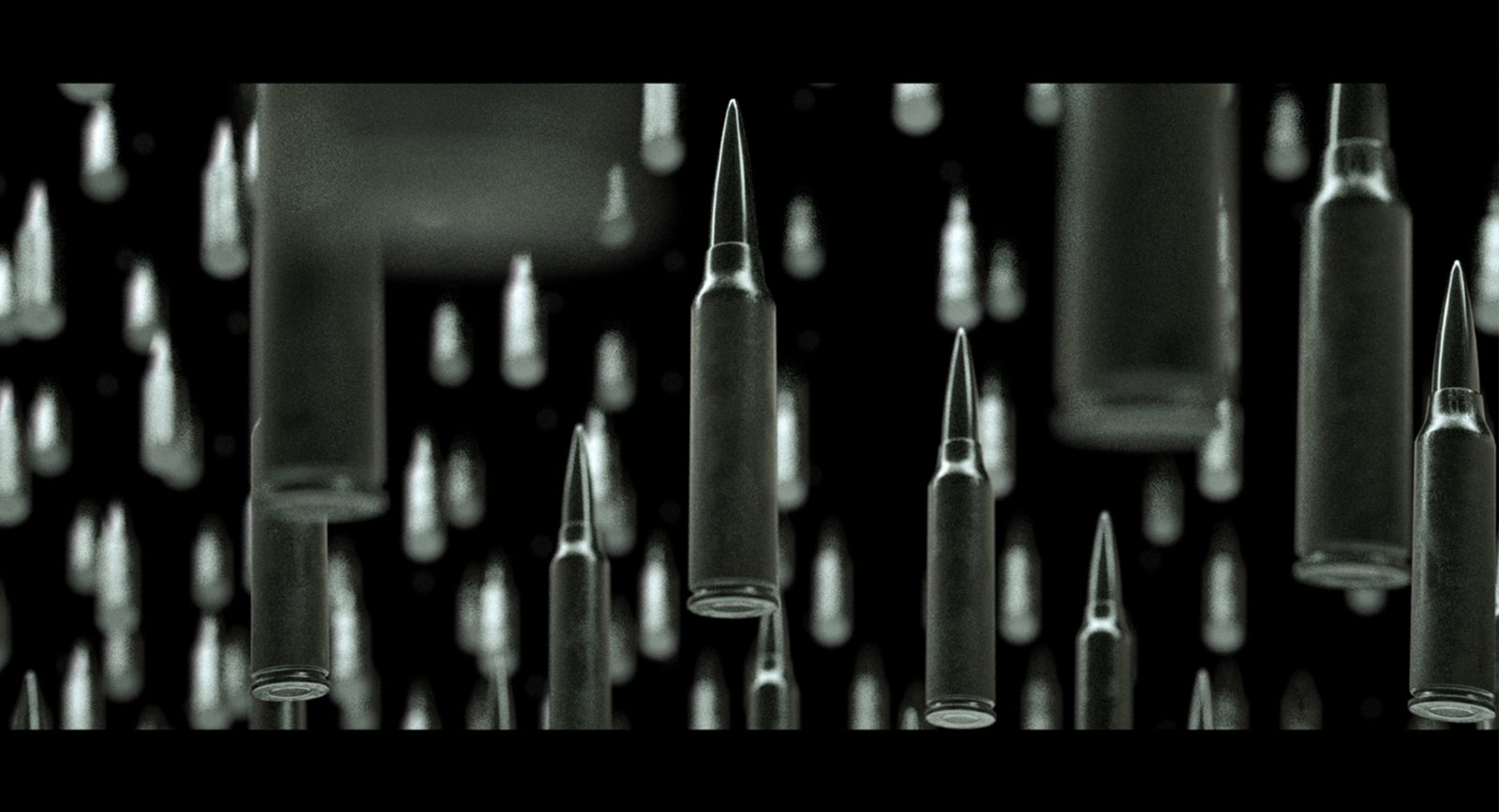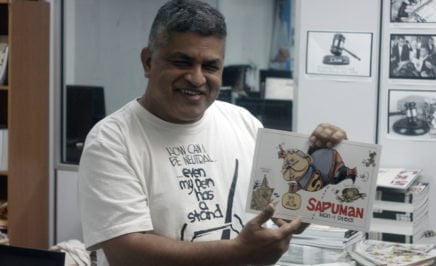Protection for the millions of people whose lives are devastated by the poorly regulated global arms trade just took a giant leap forward.
A total of 50 ratifications were needed for the Arms Trade Treaty (ATT) to come into force and as of now there have been 53, triggering a 90-day countdown to entry into force on 25 December 2014.
What’s happening
We are 90 days away from having the hard-won ATT becoming international law.
The ATT is an international treaty that sets out strong global rules to stop arms going to human rights abusers.
Over the past year, 121 states – including Australia – have signed the treaty. To become legally binding, the treaty had to be ratified by 50 states and this week we hit that magic number.
To become legally binding, the treaty had to be ratified by 50 states and this week we hit that magic number.
At a ceremony at the UN in New York this week, St Lucia, Argentina, Czech Republic, Senegal, Bahamas, Uruguay, Portugal and Bosnia Herzegovina ratified the ATT, bringing the total number of ratifications to 53.
When the ATT comes into force it becomes binding international law on all countries that have ratified it.
How did we get there?
Back in 1993, four non-governmental organisation representatives gathered in the Amnesty International offices in Central London and began working on ideas to legally end arms trading that contributes to human rights abuses.
After twenty years of tireless campaigning, millions of petition signatures and letters, thousands of public demonstrations, and countless hours speaking to politicians, we were finally able to announce that we had an international Arms Trade Treaty on 3 April 2013.
Your donation, letters, emails, and activism throughout our years of campaigning were invaluable.
Your donation, letters, emails, and activism throughout our years of campaigning were invaluable.
It was thanks too to our partners in the Control Arms coalition, and to the Australian Government and MPs who answered your call and fought for a treaty we can all be proud of.
What are the effects of the arms trade?
Arms trade details are often shrouded in secrecy, but the recorded value of the industry approaches USD$100 billion annually – in 2010 it was around $80 billion, so it’s growing fast.
Unsurprisingly, there are some shocking facts associated with the arms trade.
- 1,500 people are killed every day – 500,000 per year – by conflict and armed violence.
- There are more international laws regulating the trade of bananas than weapons.
- 12 billion bullets are produced every year.
- Over 26 million people have fled their homes in fear for their lives due to armed conflict.
- Tens of thousands of child soldiers are being used in armed conflict in 19 countries.
- Damage caused by weapons destroys infrastructure, limiting access to food, water and shelter, pushing survivors into poverty.
- A whopping 74 per cent of the world’s weapons are supplied by just six countries: USA (34.84%, Russia (14.86%), Germany (7.43%), UK (6.57%), China (6.29%) and France (4%).
- In conflict regions such as the Democratic Republic of Congo, Cote d’Ivore, and Sierra Leone, the scale of rape and sexual violence is
staggeringly high. Many women and girls have been forced into sexual
slavery by fighters, and many are raped at gunpoint.
A strong ATT could save hundreds of thousands of lives every year.
What needs to happen next?
While this is amazing news, our campaigning does not stop here – all states need to bite the bullet and commit to the ATT.
France, Germany, Italy, Spain and the UK have already ratified the ATT. While the USA has signed the treaty, it is yet to ratify. China, Canada, Israel, and Russia – all major arms producers – have also resisted ratification.
Amnesty International and its NGO partners will keep up the pressure on states by exposing cases of irresponsible arms transfers and pressing governments to bring the ATT rules into their own national laws by ratifying the treaty.
Amnesty International will also be ensuring that states implement the ATT.





